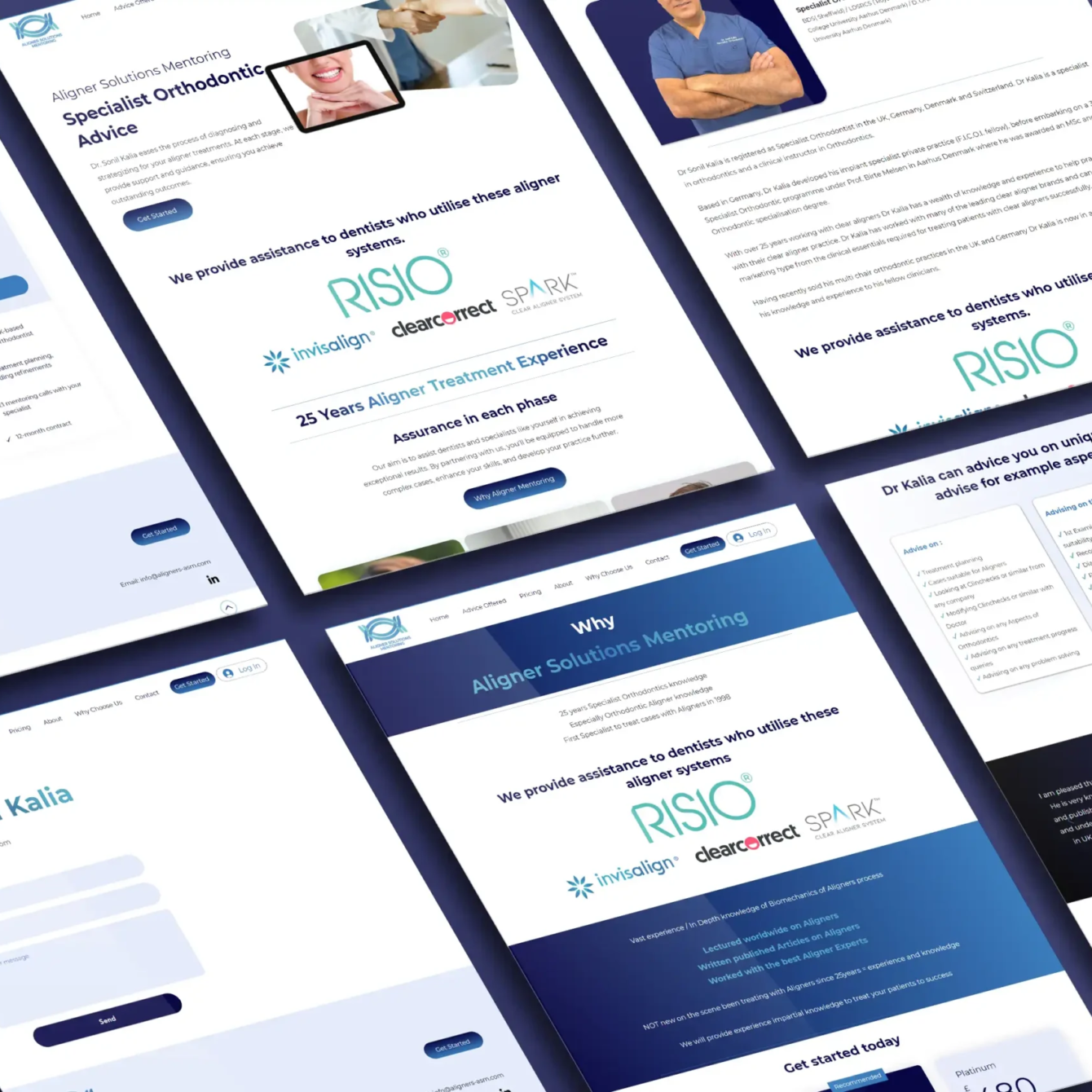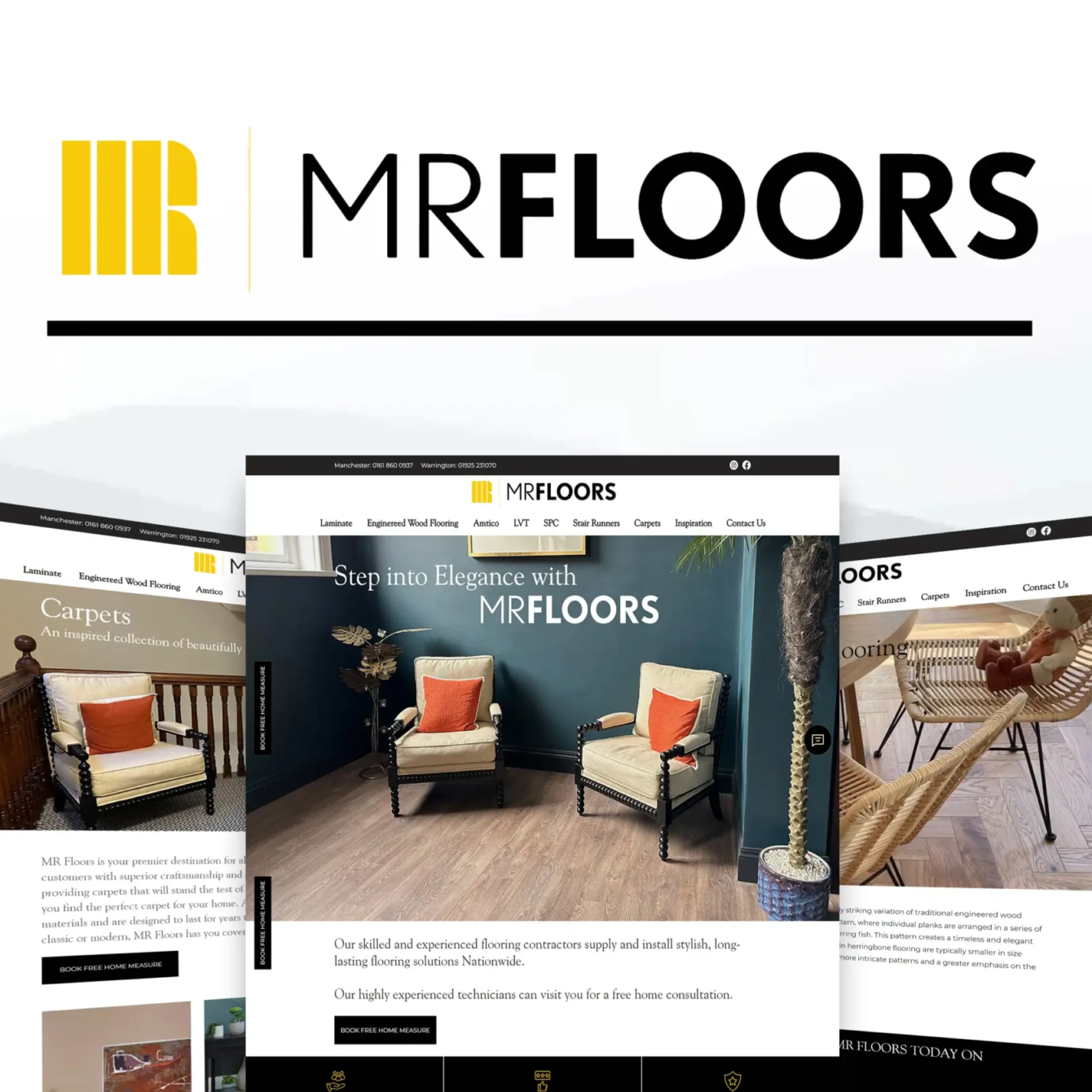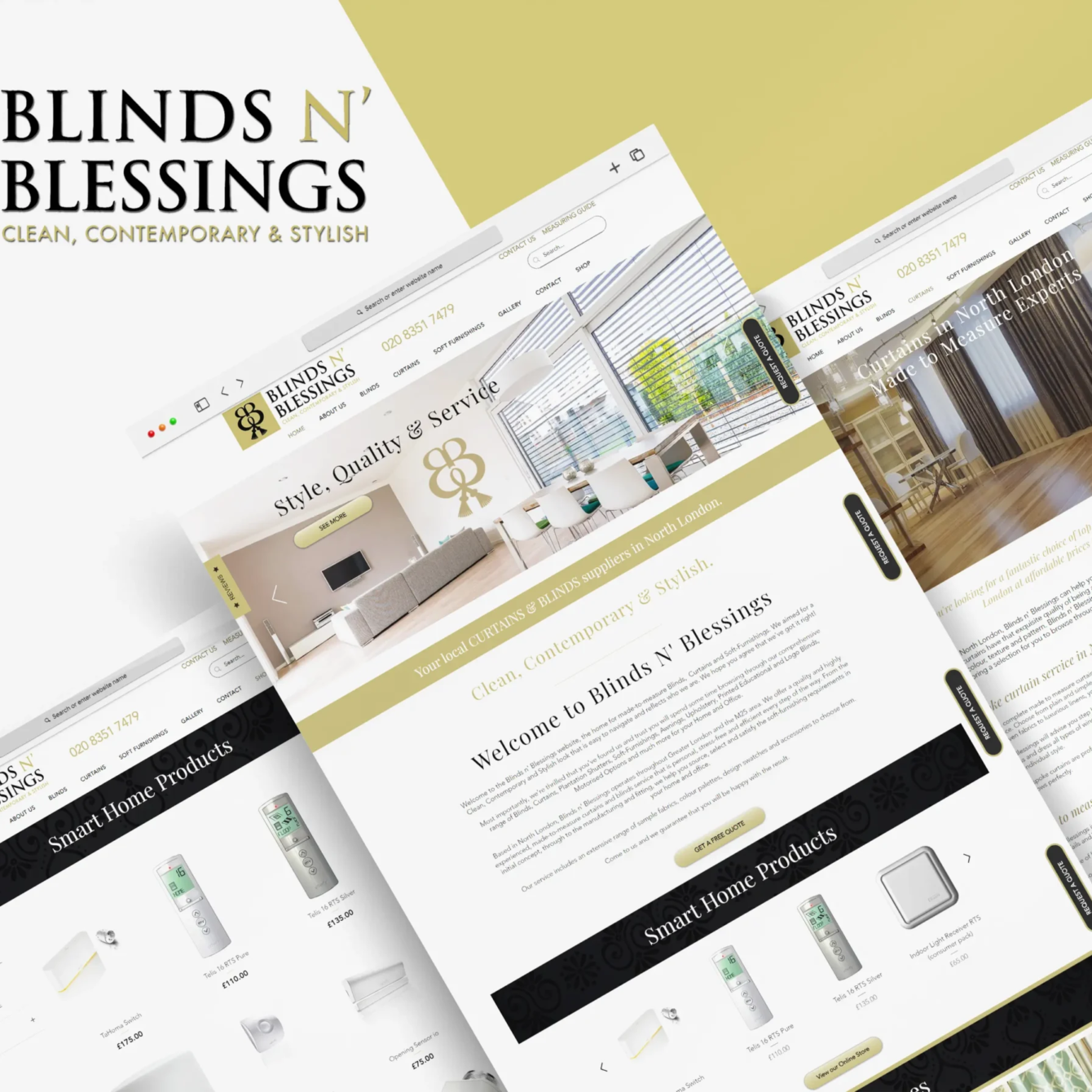There are a number of things you need to sort out when launching your own brand. One of them is designing a well-thought-out branding strategy that ensures a consistent message across all platforms. Because without it, you are just throwing paint at a wall hoping something sticks.
Since a lot of startups tend to focus heavily on developing their product or minimising costs, branding often gets undervalued and can quickly become an afterthought. So, here are a few basics you need to consider when launching a brand and a quick checklist to accelerate your process.

What defines a brand?
What makes a small business brand tick? Why do some brands connect with customers while others fall flat?
To define a brand, you must understand how the elements of a brand come together to form a brand identity, which designers then use to craft compelling, engaging brand designs. There are 8 elements needed to build a brand.
- Logo – the primary visual people associate with your brand
- Typography – the fonts you use to create your distinctive visuals
- Tagline – A one-liner that describes the value you offer
- Colour scheme – the combination of colours you use to express your brand visually
- Tone – the kind of voice you choose for your brand
- Personality – a set of traits or an adjective that perfectly describes your brand (ex. Volvo = reliable)
- Position – the place you want to hold in your consumer’s mind
- Experience – the interaction a consumer can expect when they come across your brand
Remember that brand identity is more than just a logo. It is a set of tools used to guide and inspire people to get involved with your brand and foreshadow what they can expect.
Startup branding strategy checklist
A brand is carefully curated visual language, used to communicate a specific message across all channels – from your website to an iOS app and even your business card. Here is a checklist of things you need to build your branding strategy.

Brand story
A brand story is what you choose to say about your company. It is the overarching vision and mission of your company, and it has to be told through multiple mediums, from copy to images to videos. And it ought to be intriguing and compelling because the way you tell your story will set you apart from your competitors.
Your brand story should cover everything – from the problems you faced when trying to start your company to how your solution is the only thing that can save millions of people.
Before writing your brand story, make sure you perfectly narrow down your target audience and create a narrative that showcases your brand and its value proposition in the most honest way possible.
A brand is a voice and a product is a souvenir.
– Lisa Gansky
Good branding is arguably the most important thing when it comes to ensuring the success of your business.
Benefits over features
Consumers prefer brands that offer psychological and emotional benefits when compared to brands that provide tangible product benefits. This is because they need to feel that they derive benefits, such as convenience or improved quality of life, by using your product or services, which can actually work wonders for your brand loyalty.
Essential brand assets
Brand assets are the true core of your business. They help potential customers make decisions as well as support you when new marketing opportunities arise.
- Website – your brand’s online point of contact, a place where the customers will definitely find you.
- Business email – a medium for your customers to communicate with you; it creates a sense of trust and belonging in the consumer’s eyes.
- Professional custom photography – an honest representation of your brand that shows your customers you invest in your brand.
Although the digital age has made it crucial for brands to have these brand assets, you shouldn’t perceive them as an obligation that you can otherwise do without. Instead, look at them as an investment in your brand. If you don’t invest in your brand, how do you expect your customers to do it?
Any strong branding strategy begins by understanding your buyer; understand what they want, know what makes them tick and how they prefer to buy. If you ask yourself what your buyer persona is after launching the brand, you are already too late. Without a buyer persona, you won’t know whom to target in your marketing campaigns and will end up losing more money than you make.
Social media expression
Social media plays a huge role in retaining customers and attracting new prospects. How you communicate through your social media channels can determine your success or failure like never before.
Since startups often have a limited budget and resources to communicate with their customers, it is important to leverage social media to maximise ROI without sacrificing your brand expression.
Your social media ought to look coherent with your brand’s colours, typography, and tone. So, developing brand guidelines and creating a mood board can ensure all your social media communication aligns with your brand’s overall personality.
Competitive analysis
When developing a branding strategy for your startup, you need to understand with whom you are competing in the market and why they might or might not be getting all the buzz. An in-depth competitor analysis will help you design a brand identity that your customers will recognise instantly and tell you what you should and shouldn’t do to stay ahead in the race.






